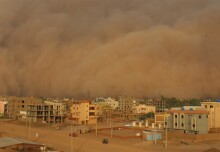

News in brief
Research prizes galore and sex differences in inflammation: News from Imperial
Here’s a batch of fresh news and announcements from across Imperial.



Research prizes galore and sex differences in inflammation: News from Imperial
Here’s a batch of fresh news and announcements from across Imperial.


Why heart rhythm problems tend to happen early in the morning
Researchers have uncovered why people are more likely to have heart arrhythmia first thing in the morning.
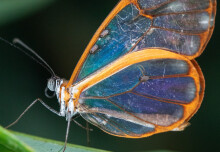

Flying insects become disorientated and trapped by artificial light
Slow-motion videos collected and analysed by Imperial College London researchers give us new insights into why nocturnal insects gather around light.
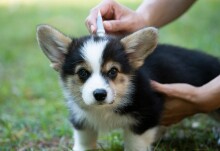

Handwashing a major source of pet pesticide pollution in UK rivers
A new study suggests that handwashing in the weeks after spot-on flea and tick treatments is the largest source of pet pesticide pollution in rivers.
 2
2
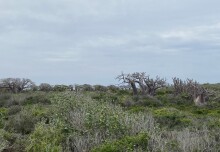

Land-cover changes and serotonin levels: News from Imperial
Here's a batch of fresh news and announcements from across Imperial.
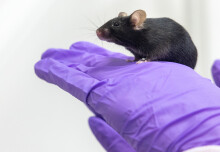

Social media campaigns on animal research recognised with Openness Award
Imperial has received an Openness Award for highlighting the work of animal technicians, technologists and researchers on social media.
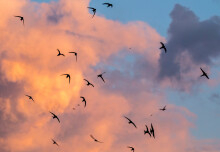

Future of 200 migratory bird species put at risk by cyclones and droughts
New study reveals how ecosystem-connecting birds are exposed to extreme weather events likely to worsen with climate change.
 1
1
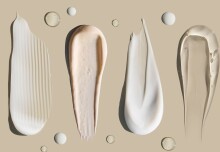

Feature
Q&A: Reducing the use of animal tissues for testing the safety of cosmetics
Imperial College London researchers speak to us about their work exploring animal-free methods for the future of testing cosmetics safety.
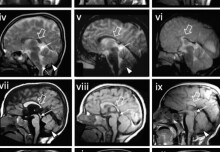

Molecular causes of rare neurological condition in children revealed
A new study has identified the molecular defects underlying a complex developmental brain condition in children.
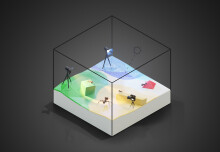

New tool to help AI track animals could boost biology research
A new machine learning tool from Imperial could help researchers track animal behaviour and pave the way for more AI use in the biological sciences.